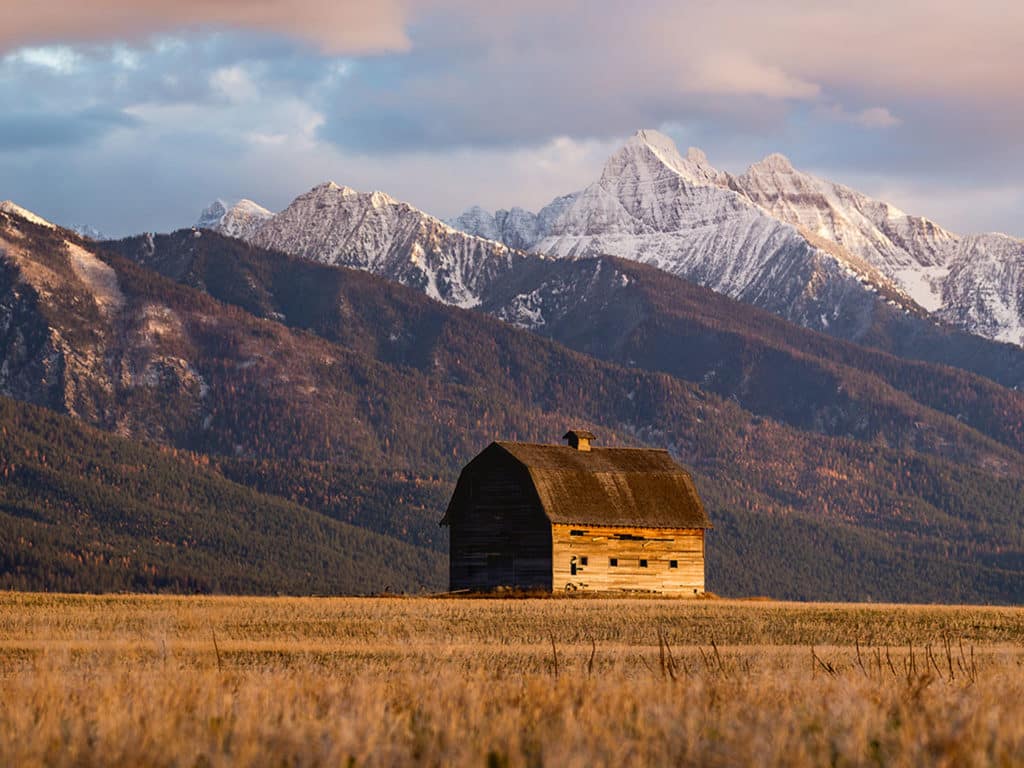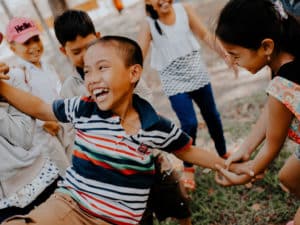In late May, Humanities Montana awarded over $200,000 in Coronavirus Aid, Relief, and Economic Security (CARES) Act funds to 49 cultural institutions across the state. The first round of CARES Grants went to primarily small and rural organizations, including Wild Rose Center on the Northern Cheyenne reservation, the Carter County Museum in Ekalaka, and Sunburst Arts and Education in Eureka.
In the weeks ahead, Humanities Montana will continue to distribute a total of over $400,000 in grants to the state’s museums, historic sites, and other humanities-focused nonprofits affected by the COVID-19 health crisis. Applications are still being accepted although funds will likely be expended by the end of the month.
“Montana’s humanities organizations—our libraries and museums and cultural councils—are at the heart of our communities. They help us explore who we are and how we can be better. We hope these funds will help as many groups as possible survive through these uncertain times. Now, more than ever, we need institutions that help us understand what has gone before and share new thinking about how to move forward,” Kim Anderson, Humanities Montana’s director of programs and grants said.
The grants can be used to cover general operating costs including salaries, rent, and utilities, as well as costs associated with providing online public programs. There are no matching funds requirements and the application is short and accessible. Application instructions and grant guidelines are available on our website.
The funds are part of the CARES Act passed by Congress in March. The $2 trillion aid package included $75 million for the National Endowment for the Humanities, approximately $30 million of which was sent to fifty-six state and territorial humanities councils to redistribute to humanities nonprofit organizations in need.
The state humanities councils were chosen to distribute these funds because of their well-established relationships with museums, historical societies, libraries, and cultural institutions that are the cornerstones of some of the most vulnerable and hardest to reach communities.




